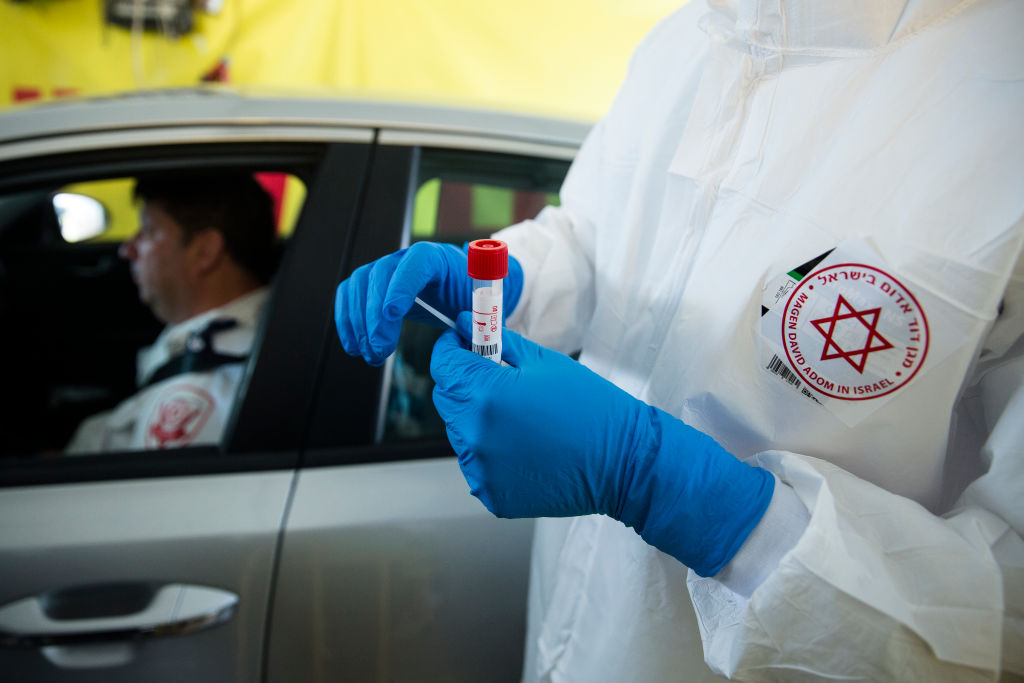The Israeli government is reporting this morning that the country’s Institute for Biological Research has made a breakthrough in the development of a potential treatment against SARS-CoV-2, the virus which causes Covid-19. Scientists there have isolated a ‘monoclonal neutralising antibody’ which could potentially neutralise the virus after infection. The antibody was obtained from the blood of an infected patient. It is called monoclonal because it is generated from a single cell – which could allow vast quantities of the antibody to be produced quickly.
Is it the breakthrough that could make all the difference? Treatment of novel viruses with monoclonal neutralising antibodies has been under development for some time, notably for Ebola, SARS and MERS. For Ebola in particular, treatment has been shown to boost the production of antibodies in a patient and to reduce viral load – in one case two US patients who had been infected with Ebola in West Africa improved after treatment, although it wasn’t clear whether this was because of the treatment or because of their own immune systems. But most of the research so far has been limited to experiments in test tubes and in laboratory animals. A paper by Chinese and US government scientists from 2017 gave a progress report, reviewing various experiments.
A Dutch group also reported having identified a monoclonal neutralising antibody for SARS-CoV-2 in early March.
So while this is a potential treatment, it is an area of medicine which has yet to make the jump from laboratory to real-life human trials. Needless to say, as with a vaccine, it would require extensive human trials to establish its safety before it could be unleashed on the general population. There is also a danger that injection of monoclonal neutralising antibodies can promote the mutation of a virus. This happened in a trial with Ebola conducted by the Canadian Public Health Agency, where one laboratory animal was found to have produce five mutant forms of the virus.







Comments